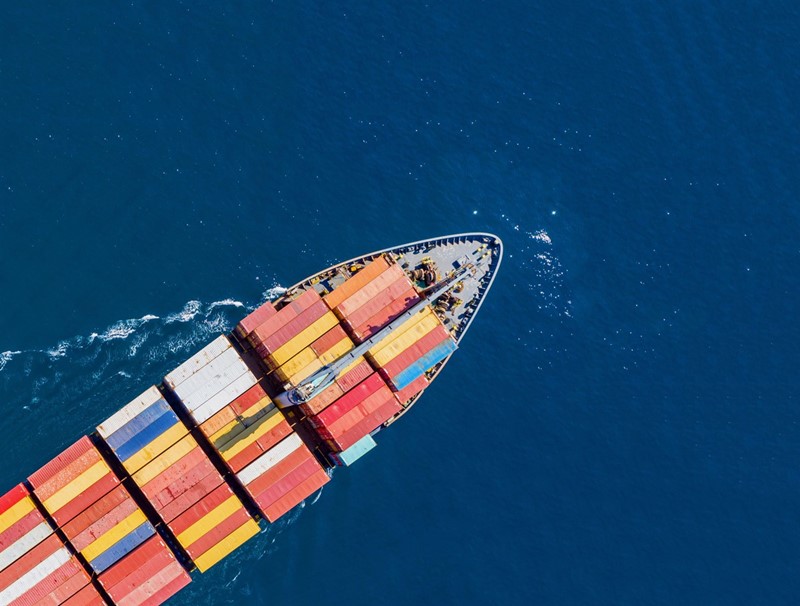Negotiations date back to 2013, where leaders from the EU and Chile agreed to explore options to update the 2005 agreement, with the political conclusion to negotiations reached in December of last year.
The agreement includes both a chapter on Sustainable Food Systems and a binding Trade and Sustainable Development chapter, which is coupled with a dedicated dispute settlement mechanism to enforce commitment to International Labour Organisation standards and to the Paris Agreement.
Imports of agri-food from Chile are set to benefit from improved market access to the EU. However, the most sensitive products in the EU retain protections in the form of tariff rate quotas (TRQs). This includes TRQs of 4,800t for bovine meat, 19,800t for pig meat, 9,600t for sheep meat, 38,300t for poultry meat (after 3 years), 2,000t for garlic, and 11,000t for olive oil. The updated meat TRQs are larger than those granted under the 2005 agreement, however, will not be subject to the automatic annual volume increases, thereby better limiting imports in the long term.
The agreement brings potential for EU exporters by adding 162 tariff lines, mainly of agricultural products, for liberalisation after a maximum staging period of seven years. This includes the full liberalisation of EU dairy exports following a staging period. The agreement also, for the first time, protects the 216 most relevant geographical indications on agri-food items from the EU in the Chilean market.
The interim Trade agreement (iTA) will enter into force first, as this covers only those areas that are of EU exclusive competence, therefore, can be adopted through the EU only ratification process. The iTA will expire once the comprehensive Advance Framework Agreement (AFA) comes into force, subject to ratification by all Member States.
